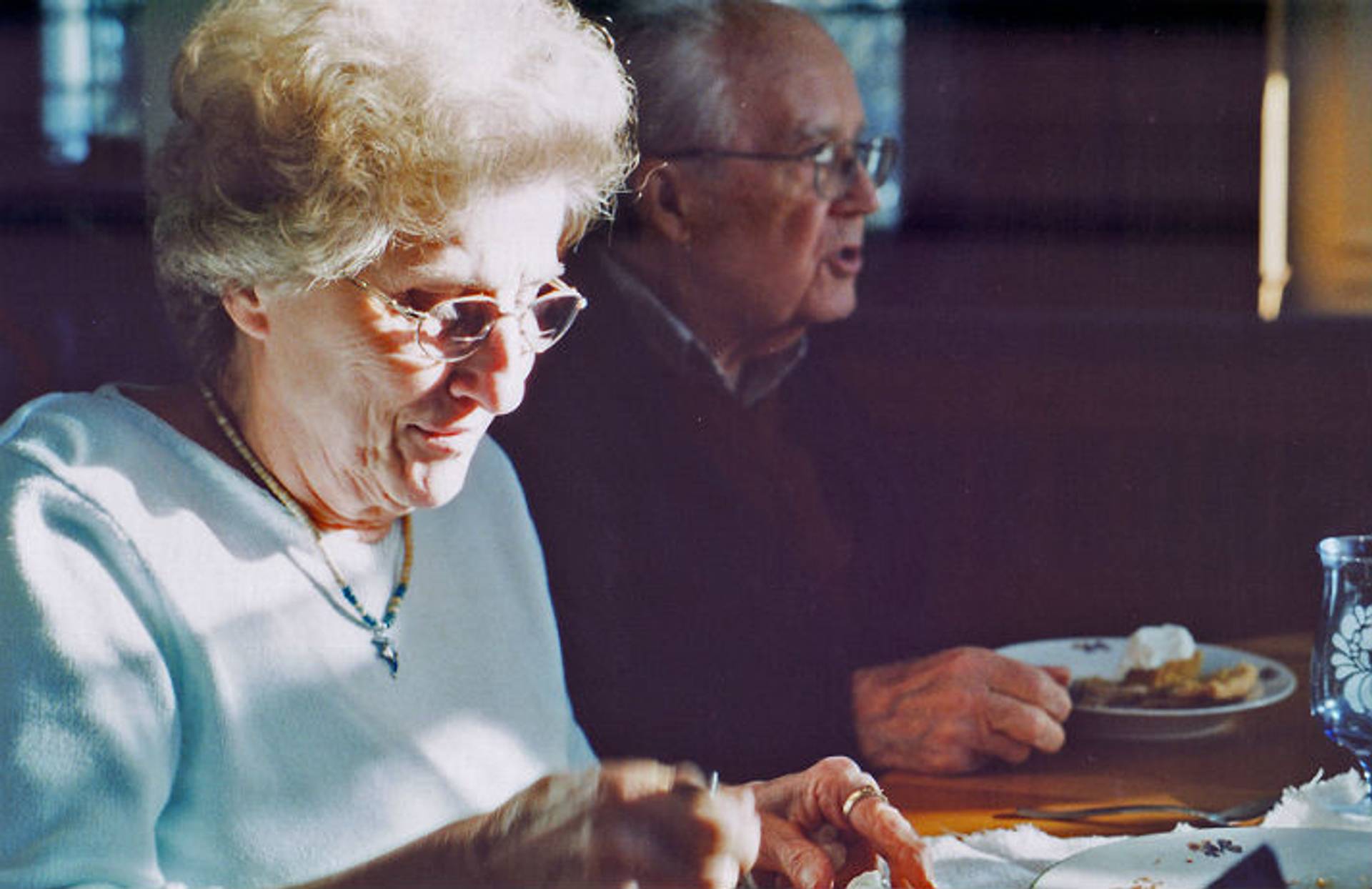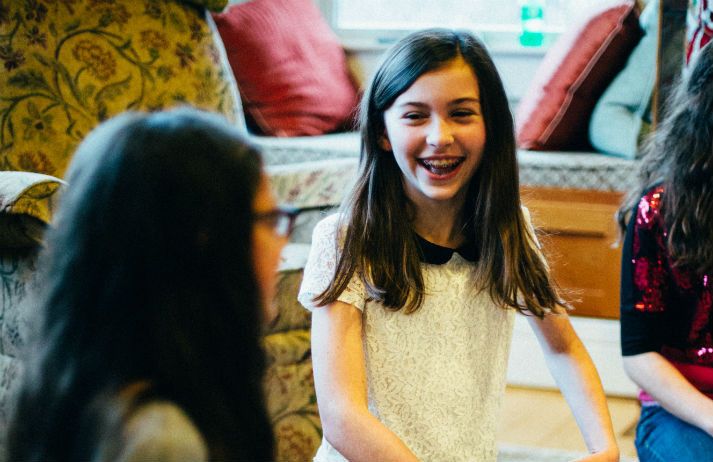
The political views of the old and the young are notoriously misaligned, and as the holiday season approaches, many young people are trying to figure out how to tolerate the intolerant while they break bread. But a healthy family debate could actually help people break out of the filter bubbles that we exist in online.
This year, arguably one of the most controversial US elections in recent history occurred just two weeks prior to Thanksgiving, making it a ripe breeding ground for family animosity amid the festivities (which could be why so many Americans are getting high over the holidays this year). And whether you’re all het up over Trump-elect or you’re still brooding over Brexit, plenty of people will be bracing themselves for the mention of politics over Christmas dinner, too.
But while those who shy away from confrontation may be dreading the holy holiday, sitting down to a conversation with a group of people with mixed political views could help us get a better understanding of why people hold those views. “Our tailored social media feeds not only hid from us the confused, angry people we needed to try and reason with,” writes journalist Christopher Hooten, “but it gave us a warped view of their motives.”

Because online communications exacerbate existing misunderstandings between parties, due to the social distance they provide, and the speed at which these ideas proliferate. “We tend to do the things that the people we like and trust do, because that enables social cohesion,” explains internet psychologist Graham Jones. “I don't think anything different is happening online than happens offline in this regard. But the difference is the speed at which these in-groups form. In the physical world, if we were talking about who we’re going to vote for in an election, we’d talk to people at work or people down the pub, and that would all take time. Now, views are formed within moments.”
Online, 59% of us will share clickbait articles without reading them, and inaccurate articles are 90% more likely to be shared than accurate ones. But face-to-face conversation – while potentially informed by sensationalised headlines – can facilitate the convergence of multiple political stances. With studies proving that prejudice can be reduced through in-person discussions – a finding that’s been harnessed by British trans activist Charlie Craggs – it makes sense that the same finding could also be applied for political conversations. What better time to start than over Christmas dinner?
Discover more insights like this by signing up to the Canvas8 Library.
Lore Oxford is Canvas8's deputy editor. She previously ran her own science and technology publication and was a columnist for Dazed and Confused. When she’s not busy analysing human behaviour, she can be found defending anything from selfie culture to the Kardashians from contemporary culture snobs.